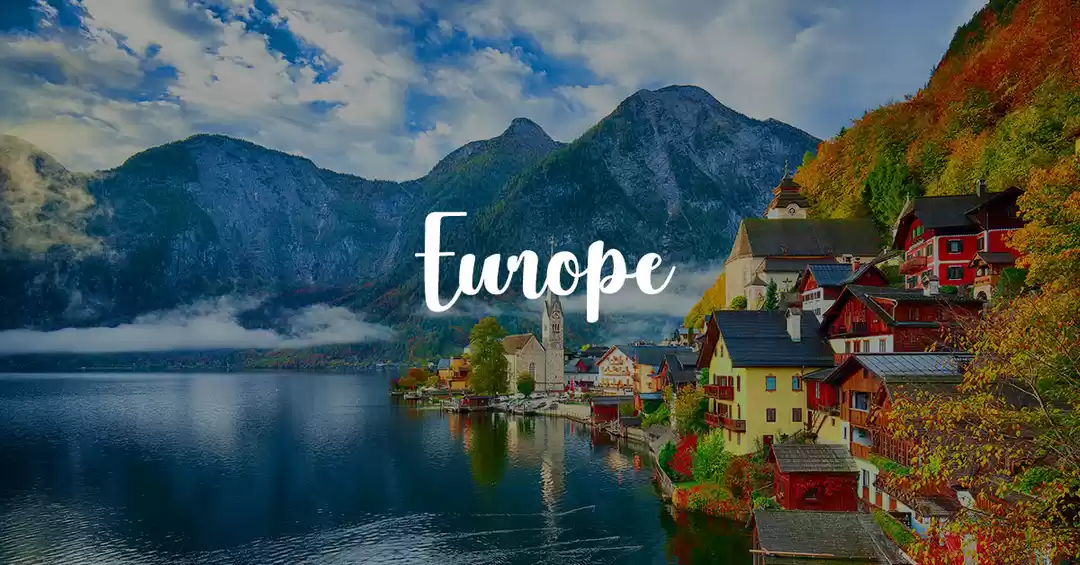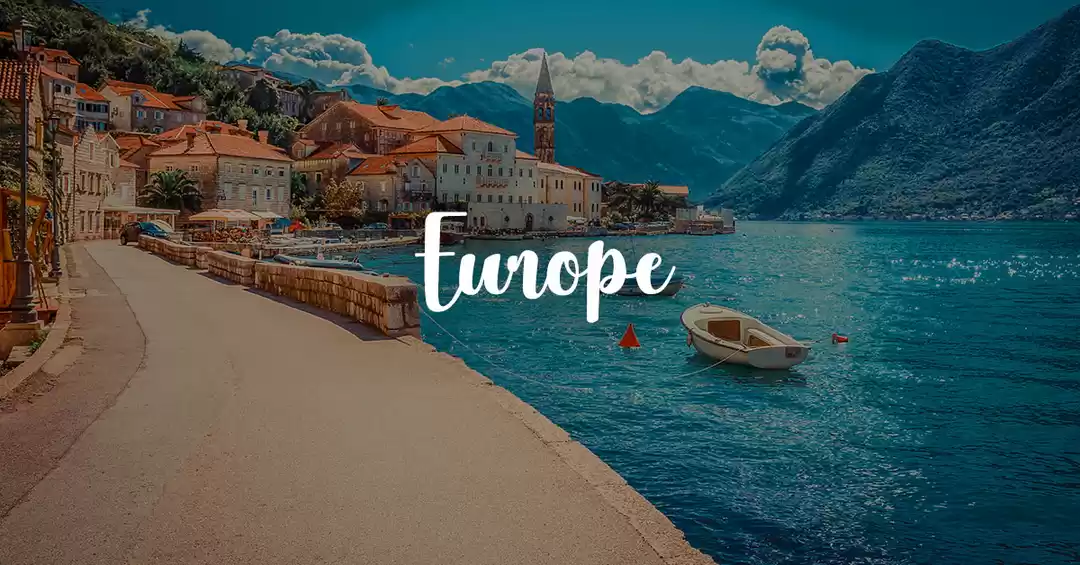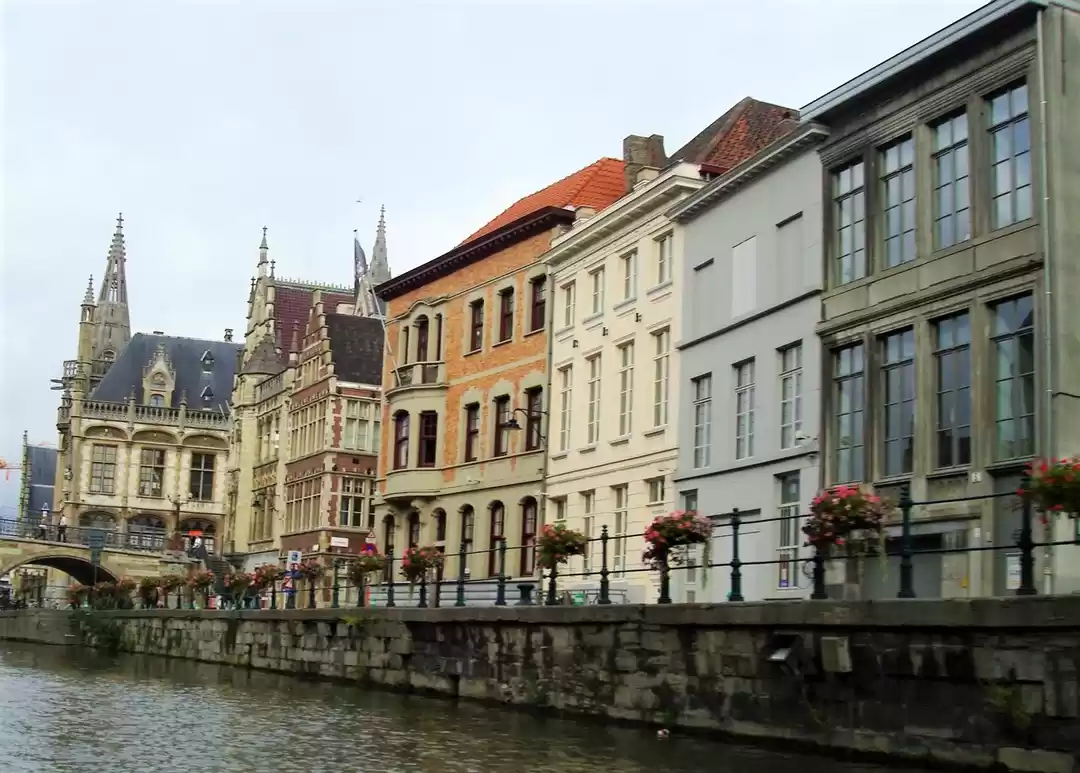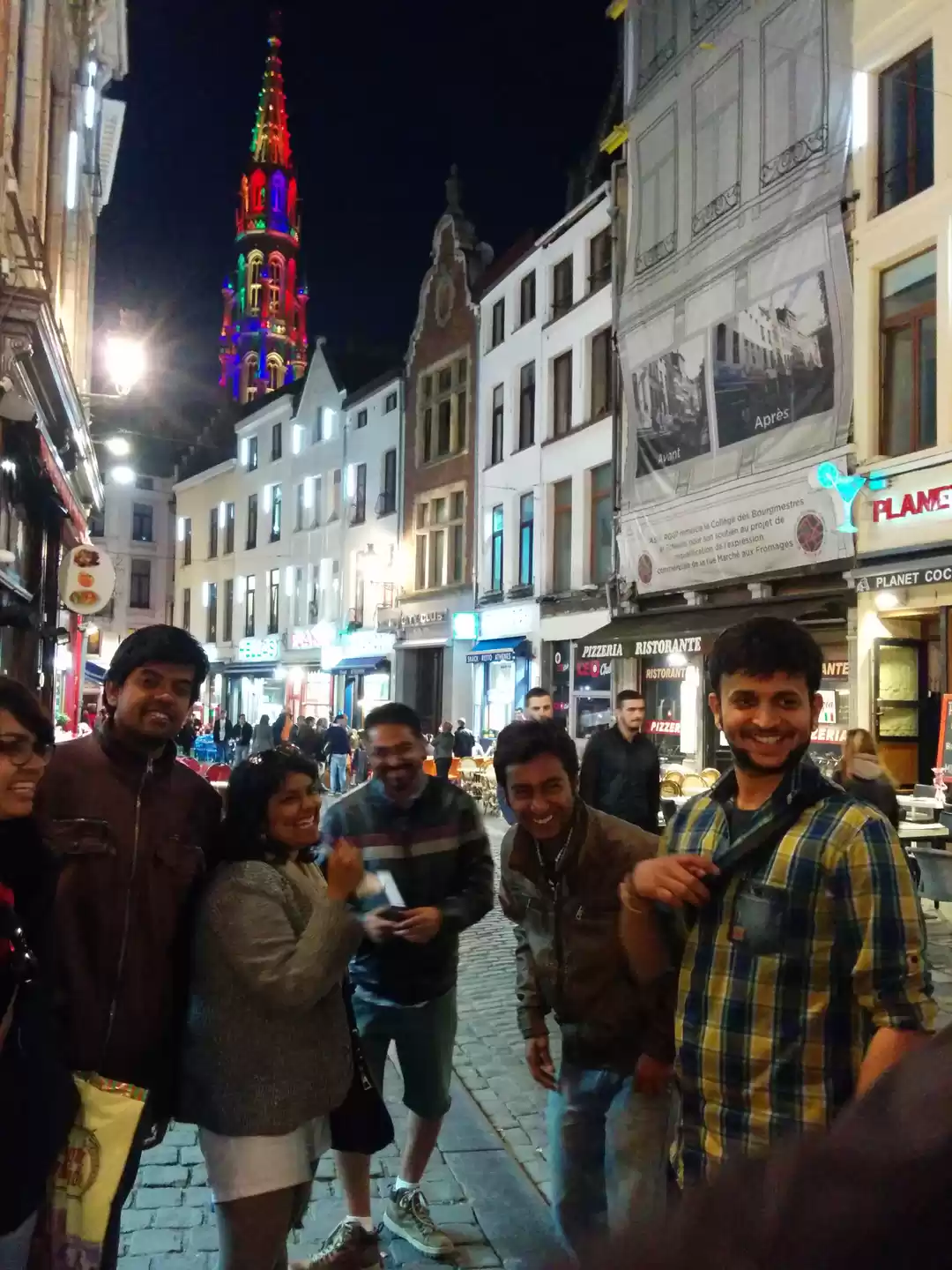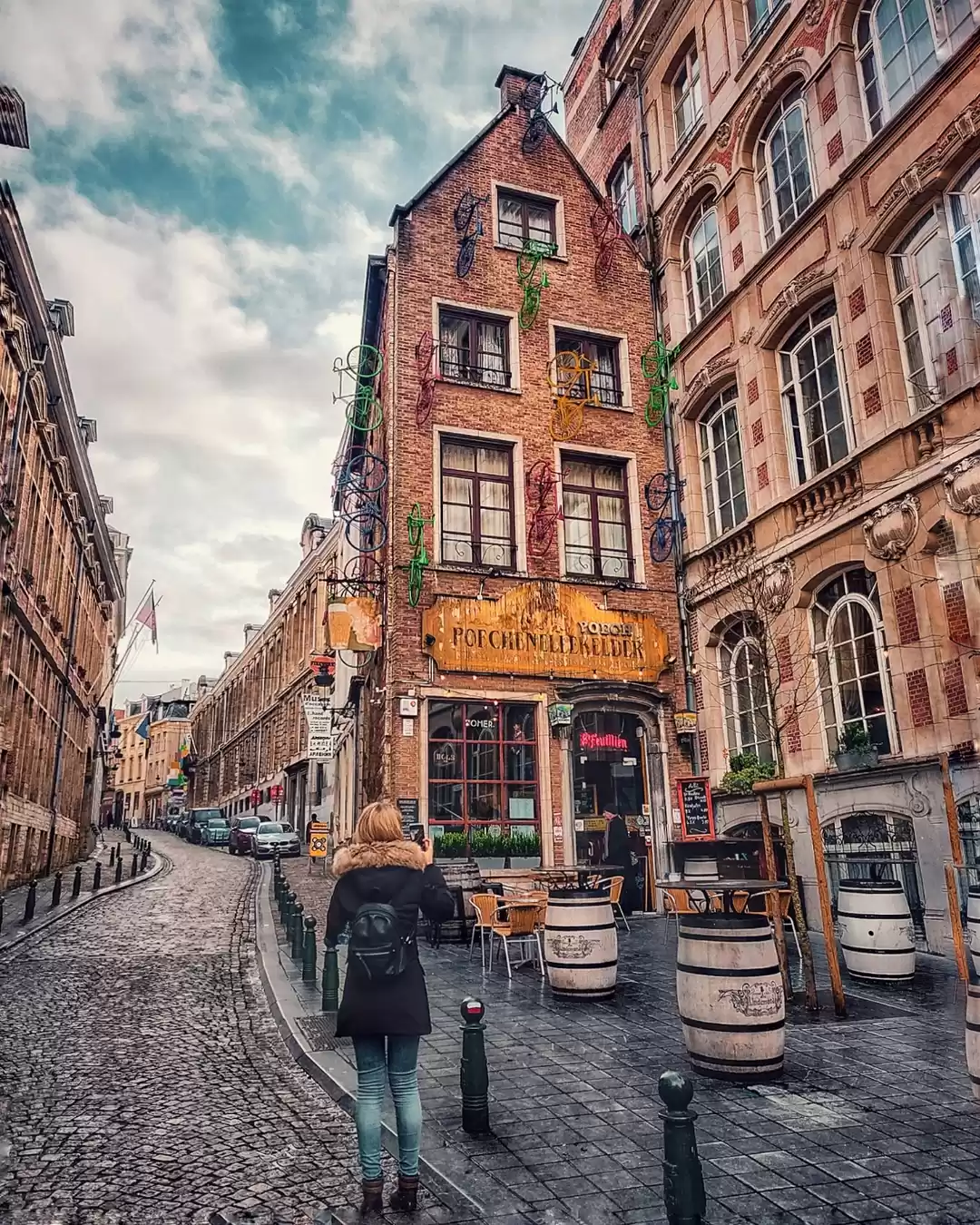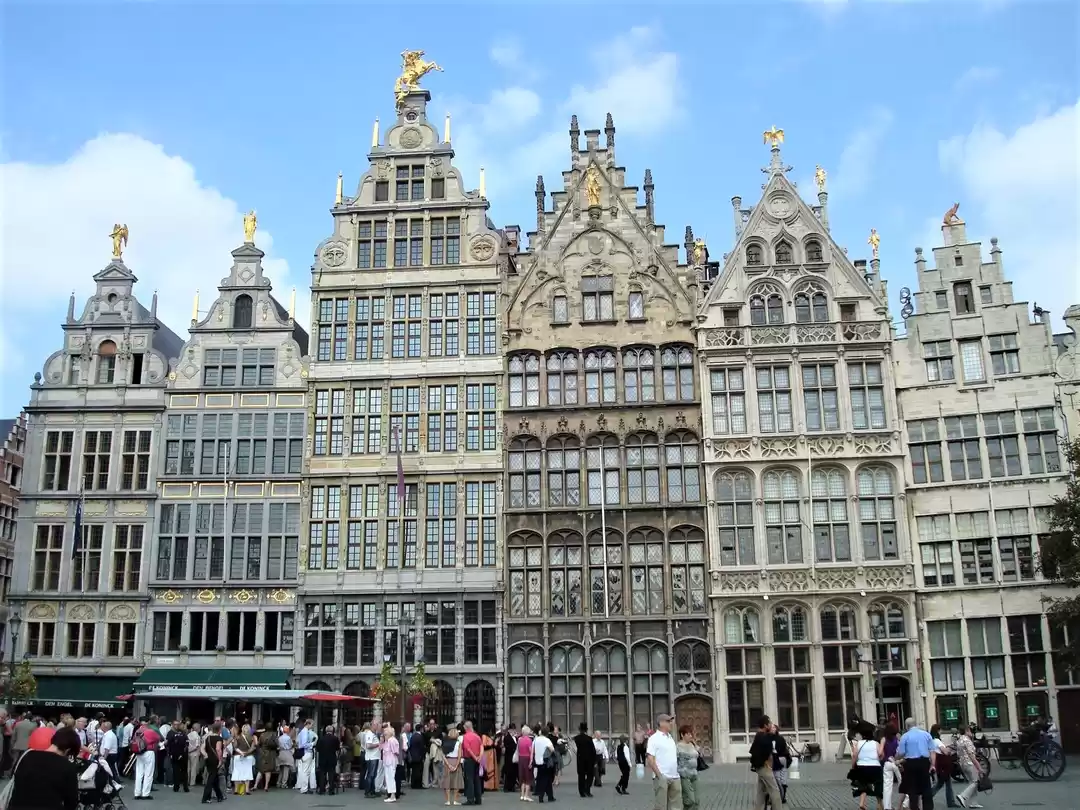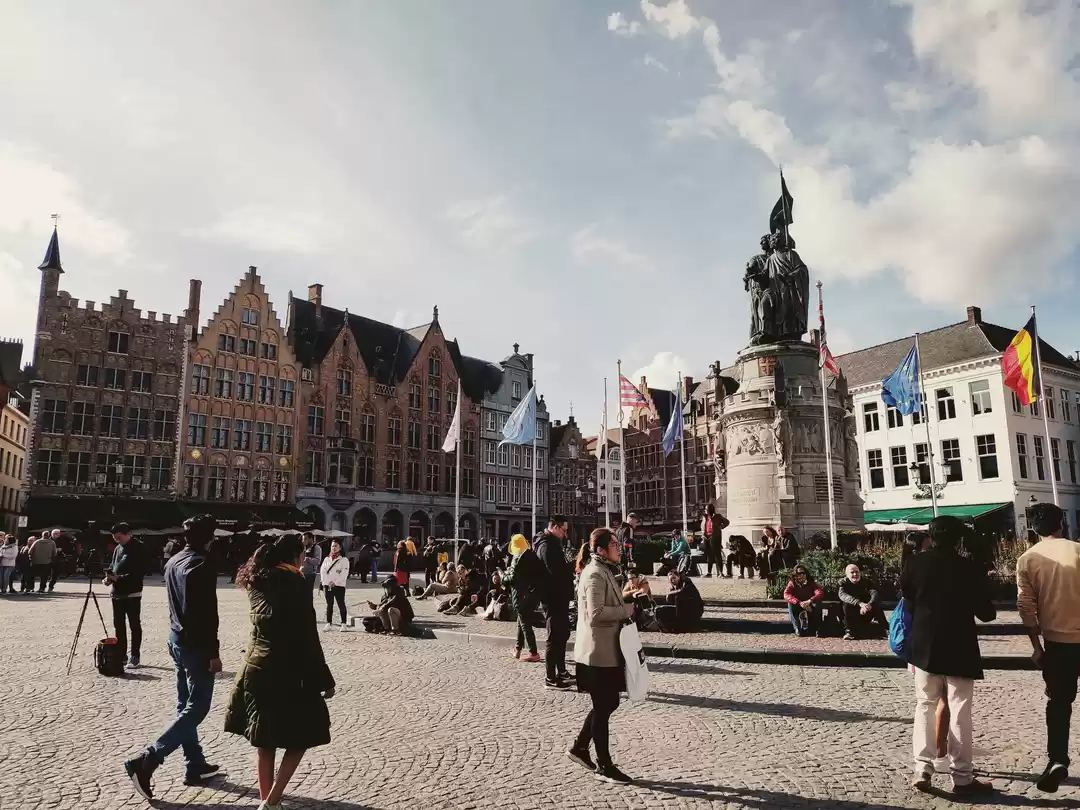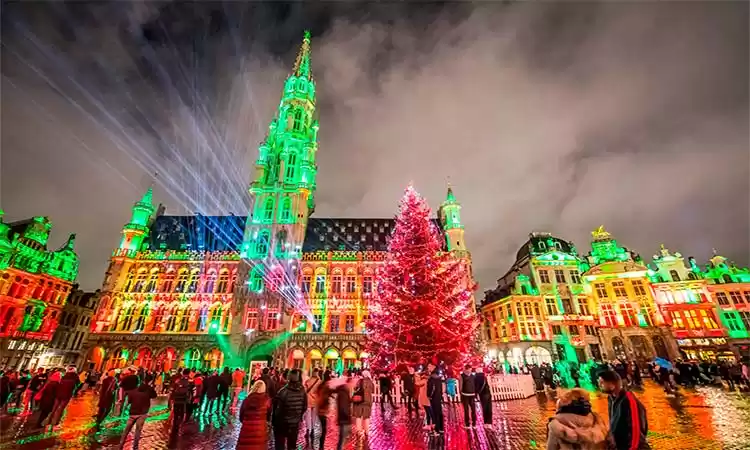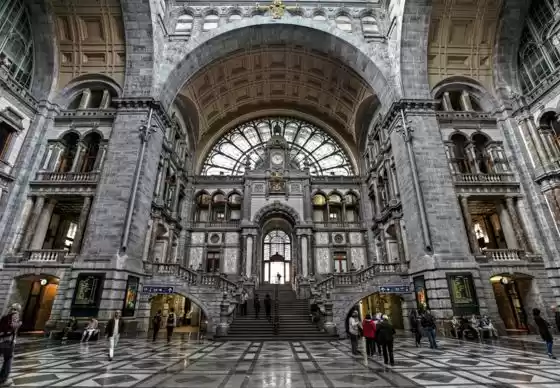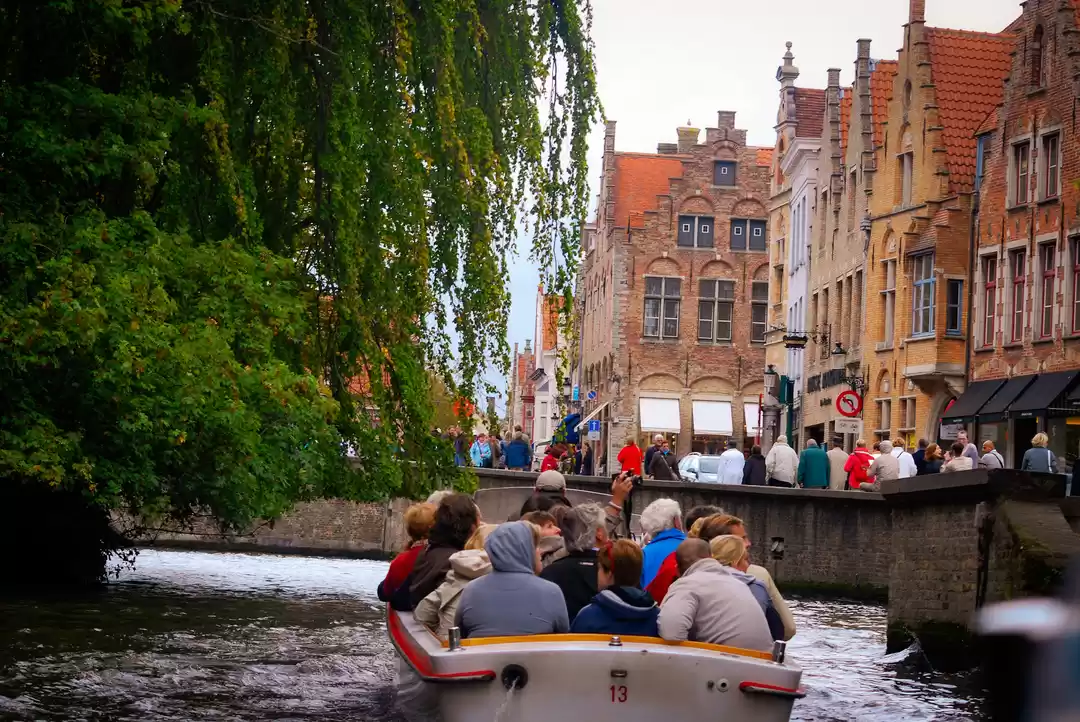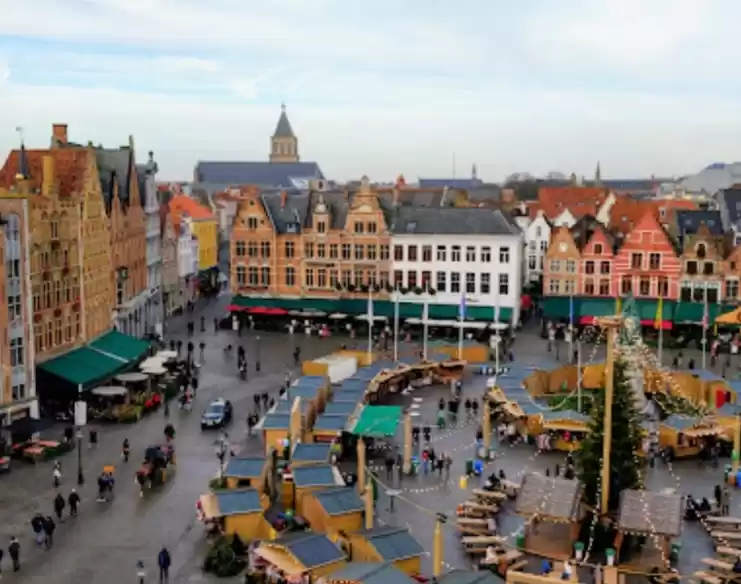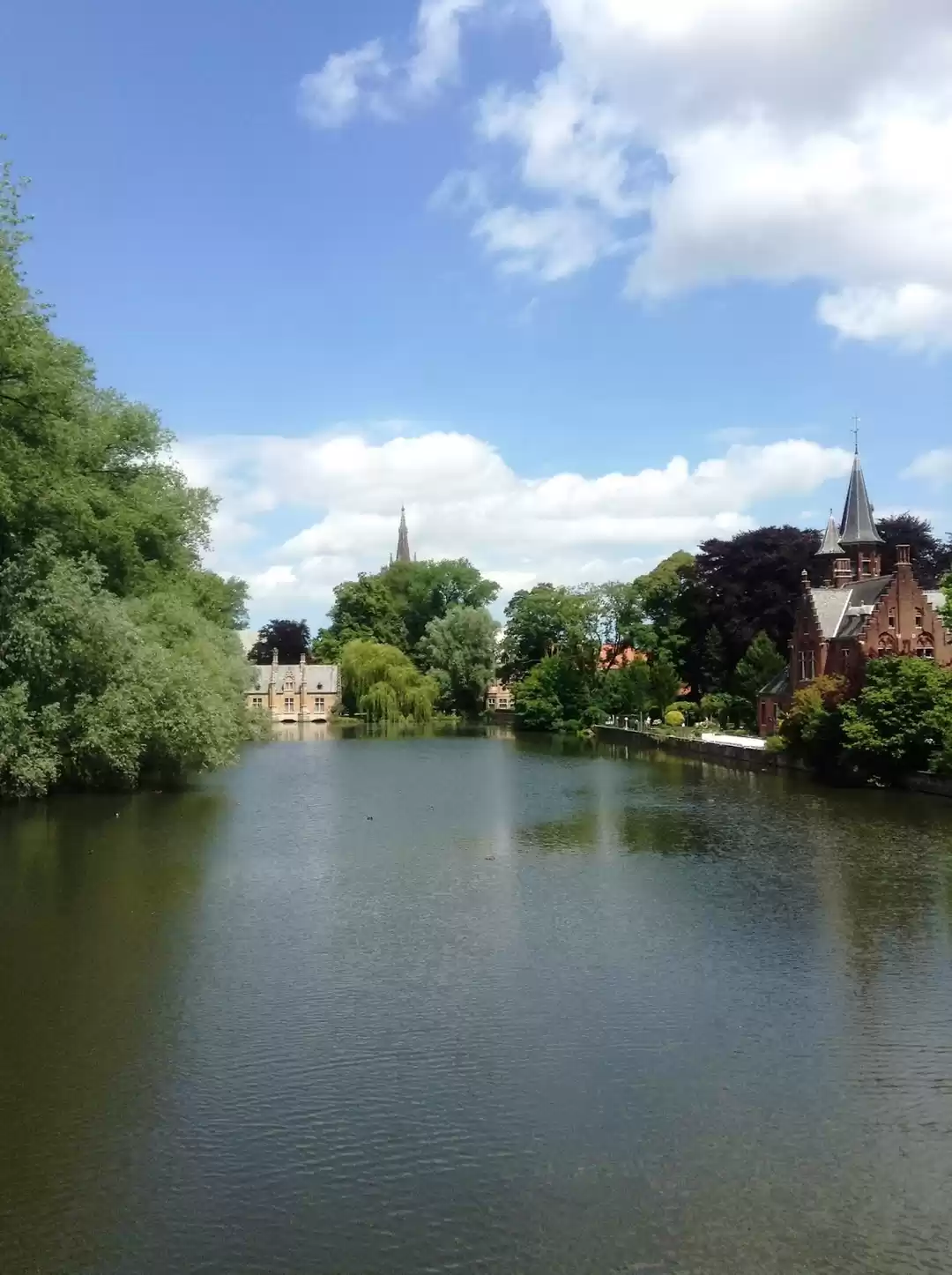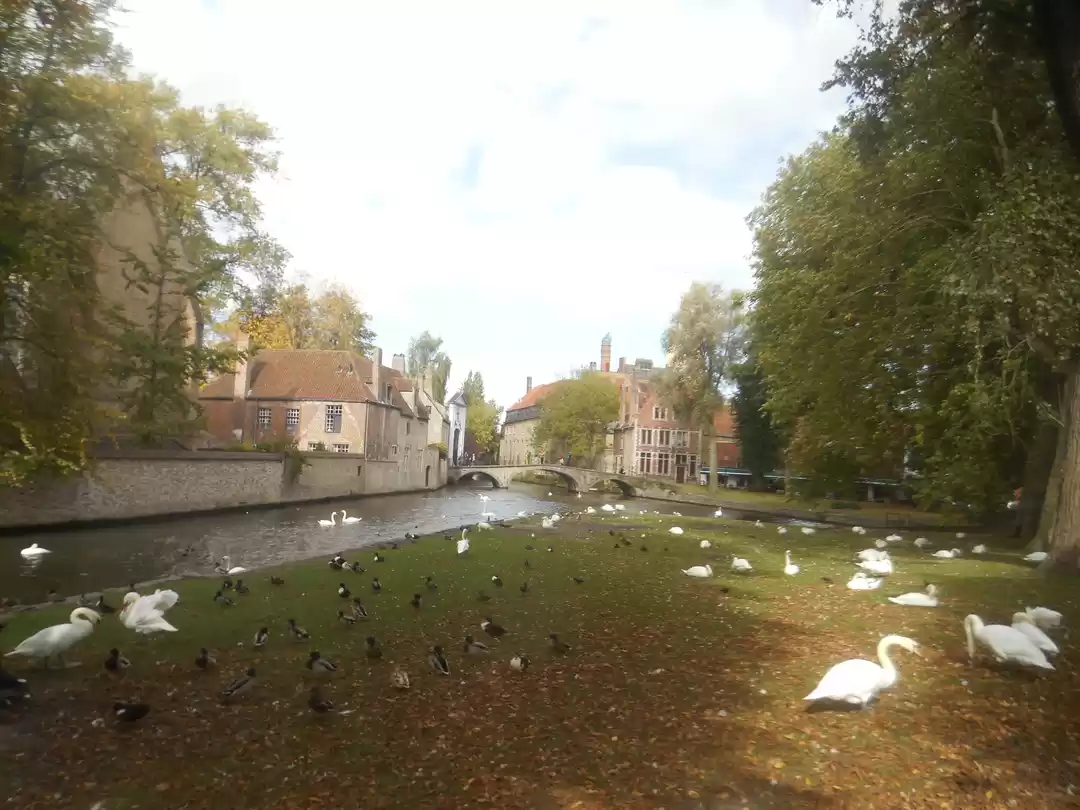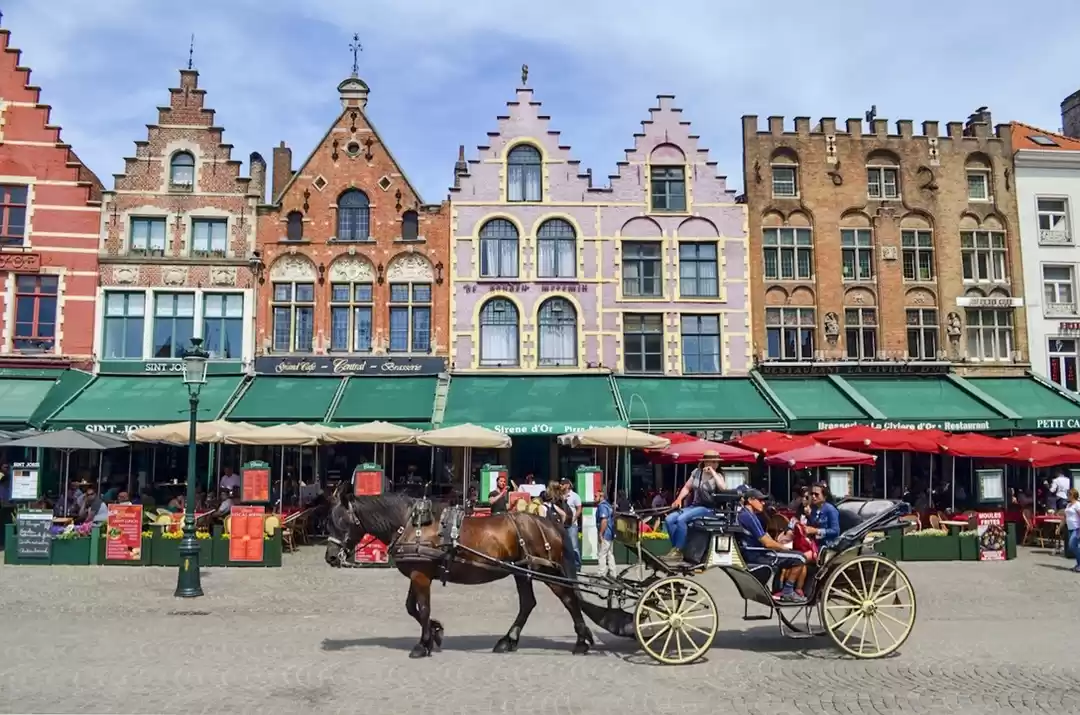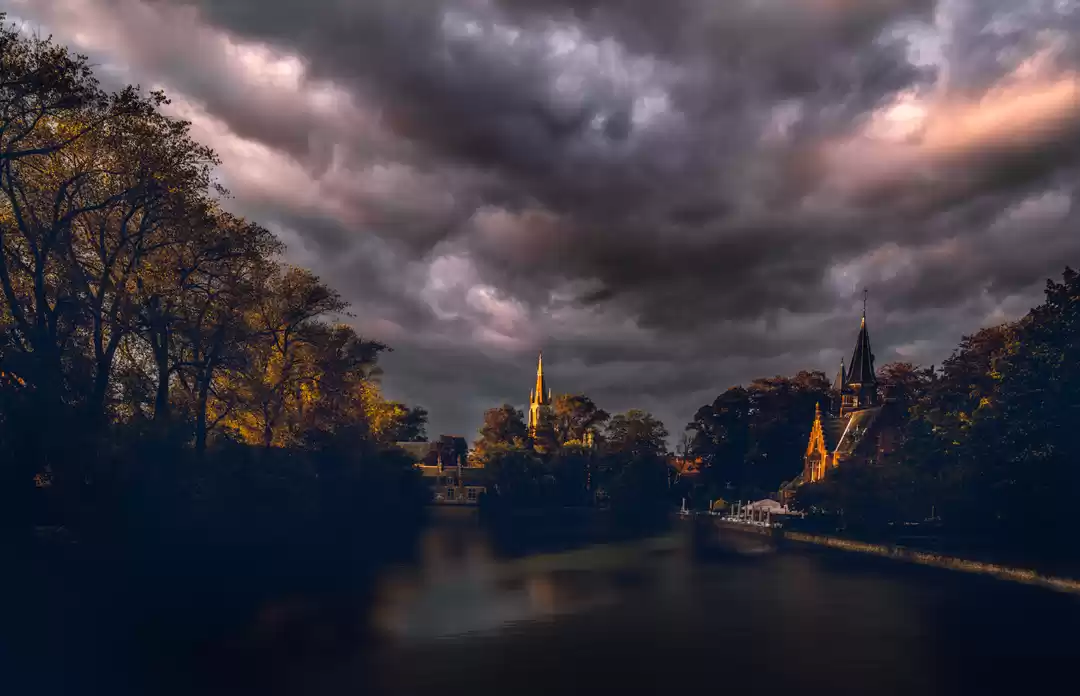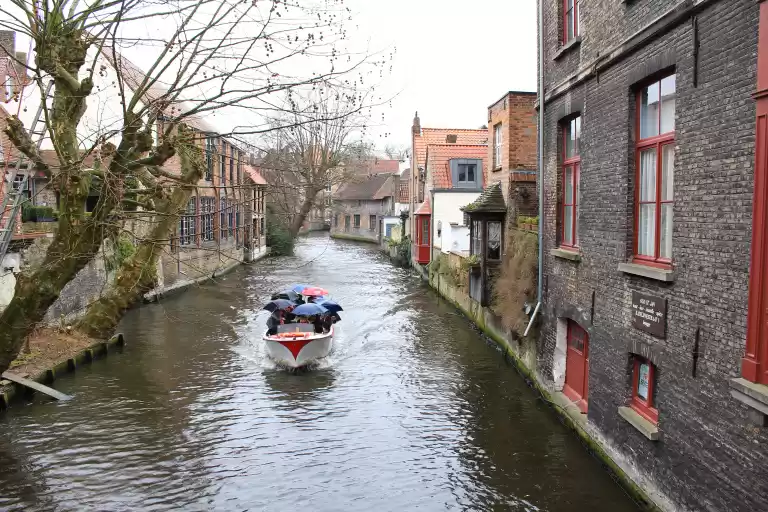There are several places in Europe with a special vibes. It is impossible to forget them after visiting. One of them, with good reason, is Bruges – an ancient city in the west of Belgium, the center of the province of West Flanders. The history of this beautiful city can be traced up until the 3rd century BC, in relation to the preaching of Christianity. In the 7th century it already was a capital of the Flandria, becoming its center. Bruges prosperity is connected with the Middle Ages.

Geographical setting is largely destined the historical course of Bruges development. The city is situated 17 km from seacoast of the North Sea. On the one hand, the city involved in the maritime trading from the beginning, which boosted its economic and cultural development, but on the other hand it had to deal with the common problem of the settlements in this area. The point is, that this region is located just about flush with the sea level and in perspective could be flooded as the Ocean level rises. Of course, coastal reinforcement measures is arranged both by Belgium and neighbour the Netherlands, however the risk of flooding in this area in the future is still viable.
There are 3 deep navigable canals, connected in the city. It is located in such way that smaller canals, connected with numerous bridges (“brug” stands for bridge in Dutch), run through its entire center. For that the city is called the “Venice of the North”. Since the Middle Ages, textile industry, ship repairing yards, as well as precise industries (such as diamond carving) and brewing plants are present in the city. And, naturally, tourism, which is one the major sources of income.

Our visit to Bruges began with an adorable long-standing hotel in the city center – Hotel de Tuilerieen. Besides cosy interiors and family-friendly service, it’s worth to note a fairytale breakfasts: there were a wild berries, and a chocolate fountain, and a gourmet snacks (in addition to the standard set of egg dishes). All the way around, the mood of the trip was set perfectly.

What is a starting point of the visit to an ancient European city? Indeed, it is a market-place and the City Hall. The building of the City Hall of Bruges is constructed in gothic and included to the UNESCO list of the World Heritage objects. Finished in 1421, this building became a model for constructing of similar structures in Brussel, Ghent and Leuven.
On of the city’s features, which is reflecting a local colour, may be a theme street markets. They can be found in the t’Zand district and other places of the old center. One can buy a local craft there, from a handmade lace with a centuries traditions of production to a chocolate from small workshops or unique beer brands.

Belfry bell tower is a signature showplace of Bruges. It was built in 13th century and has a height of 83 metres. At that time, it was a building of unprecedented height and significance – it was a bell tower, and a viewing point for looking for fires, and a local landmark. Is there any tourist who would refuse to climb up to the top and check out a breath-catching view on the center of Bruges?!
Of course, one of the most popular tourist activities in the “Venice of North” is a river tram ride through a plenty of canals. However, it was cool during our visit so we refuse it and still have a regret. All we had to enjoy was views from the bridges. For luckier tourists there are boat tours which could give a bunch of details about a rich history of the city. It is possible to order such kind of tour via Excurzilla, and choose a theme, time and guide. Kind and healthy, so to speak.

Of course, there is a lot of other sights and places to visit in this marvelous city. For instance, as for jewelry carving, there is Diamond Museum. In the Middle Ages Bruges competed favourably in this branch not only with its old competitor Antwerp, but also with Amsterdam, the capital of the Netherlands. The fact is that the cultural heritage of Belgium and the Netherlands overlaps in many ways. And while visiting Belgium there is always a worthy option of getting to the neighbour state (fortunately, distances are good) and visiting the Netherlands. It’s definitely worth spending time – there will be twice as many vivid memories.
Ad: world’s best beaches on 1001beach.



